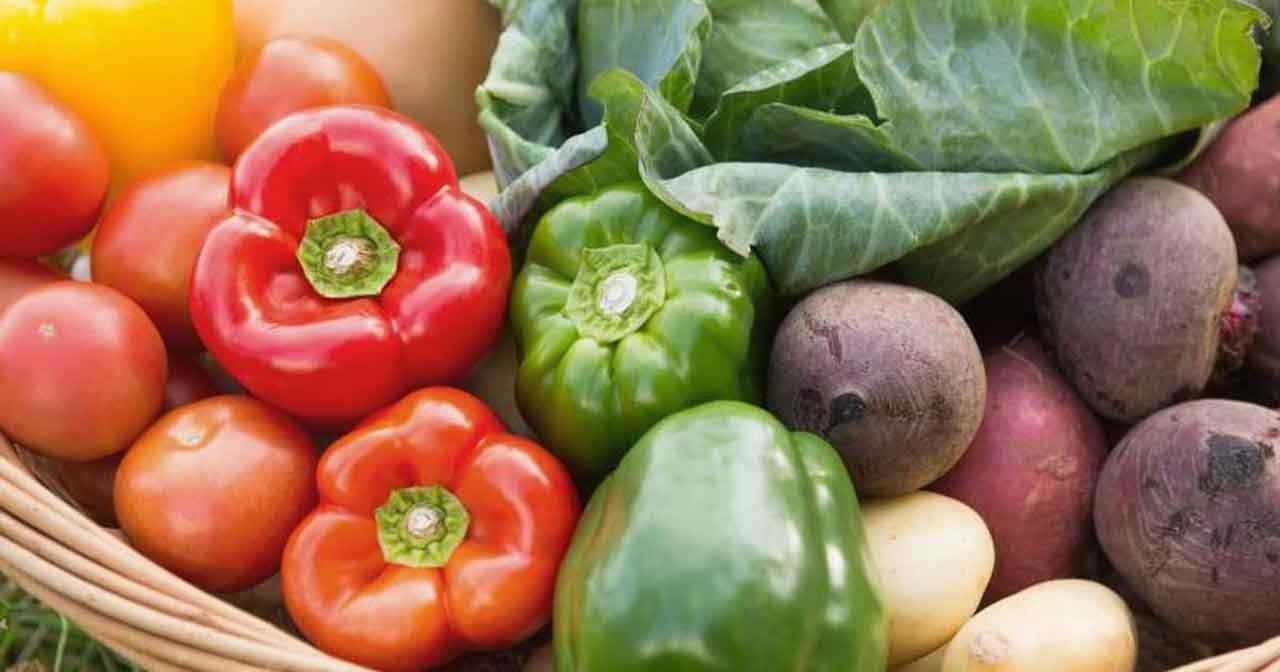Are Nightshade Fruits and Vegetables Harmful?

Some people react badly to both potatoes and tomatoes, two of the top five nightshade vegetables in the U.S. diet. Here’s what you should know and can do.
Most Americans don’t eat enough vegetables or fruit for optimal health. When they do eat produce, white potatoes are at the top of the list, followed by corn, garlic, carrots, and tomatoes.
If you hear the advice that everyone should eliminate all nightshades from their diet, it’s fair to roll your eyes. The 3,000 species of nightshades, or Solanaceae — many of which evolved in the Andean and Amazonian regions of South America — include white potatoes, tomatoes, eggplant, and peppers, both mild and hot.
That bad advice hearkens back to a few plants, mainly belladonna and mandrake, used centuries ago as poisons. But if potatoes and tomatoes were poisonous, McDonald’s and every pizza place would be in big trouble.
YOU MIGHT ALSO LIKE: Your Diet Can Provide Natural Pain Relief
That said, it’s worth noting that they contain nicotine, the same chemical in cigarettes, although in much smaller amounts. That could explain why Americans love fries with ketchup so much.
Nightshades and immune disorders
The term nightshades tends to come up among people seeking relief from irritable bowel syndrome (IBS), osteoarthritis and rheumatoid arthritis, and psoriasis.
Those illnesses, which involve your immune system, tend to come in flares, with periods of less discomfort. Natural insecticides in some nightshades, the argument goes, may trigger flares in some patients.
Gut pain
IBS is not the same as the autoimmune condition, inflammatory bowel disease (IBD). There’s growing evidence, however, that the intestinal pain involved in IBS arises from immune cells in the lining of your gut. It’s possible the natural insecticide solanine triggers the reaction in the gut, in both IBS and IBD.
If you suffer from pain and constipation or diarrhea after meals, or are diagnosed with IBD, you might keep a diet journal and investigate whether any nightshades bother you.
Psoriasis
In a survey of U.S. patients with psoriasis, an autoimmune disorder affecting skin, 52 percent of patients reported that they saw improvement after cutting out nightshades. Others had good results when they eliminated alcohol and gluten.
On the other hand, research suggests that following the Mediterranean Diet. The diet, which you’ll see in southern Spain, Greece, and Italy, emphasizes whole grains, fish, and vegetables, very often tomatoes and eggplant. It can — lower your risk of psoriasis. Doctors now recommend it as a psoriasis treatment.
Arthritis
The trace amounts of irritating compounds in nightshades aren’t likely to be a serious factor in your arthritis pain, most doctors argue. The foods also offer exceptional nutrition. The Arthritis Foundation lists red peppers as one of the best vegetables for arthritis. It recommends nightshades in general, citing a lack of science that shows they aggravate arthritis symptoms.
One team of healthcare providers, however, has designed a diet for their rheumatoid arthritis patients, eliminating nightshades. The overall diet emphasizes the type of fat found in deep sea fish like sardines, leafy greens, yogurt, and whole grains.
What you can do
Your best results should come with investigating your reactions to particular nightshades you enjoy. You may find that you feel better when you eat tomatoes, which may affect your gut in positive ways.
If you’re on the fence about potatoes, remove the skin. You can also have sweet potatoes instead. One firm rule is you should never eat potatoes that are going green or sprouting, as they could poison you and trigger vomiting and diarrhea.
If you’re having trouble finding out if your diet contributes to your pain, you might remove all nightshade fruits and vegetables.
You’ll keep a journal to record your symptoms.
- Do you feel fine?
- Do you feel pain?
- Do you have heartburn?
In general, note any new symptoms.
Your goal should be to eat a varied diet you enjoy and helps you feel good. Work with a nutritionist to add back any foods you enjoy, one by one.
Updated:
November 30, 2023
Reviewed By:
Janet O’Dell, RN